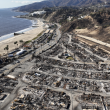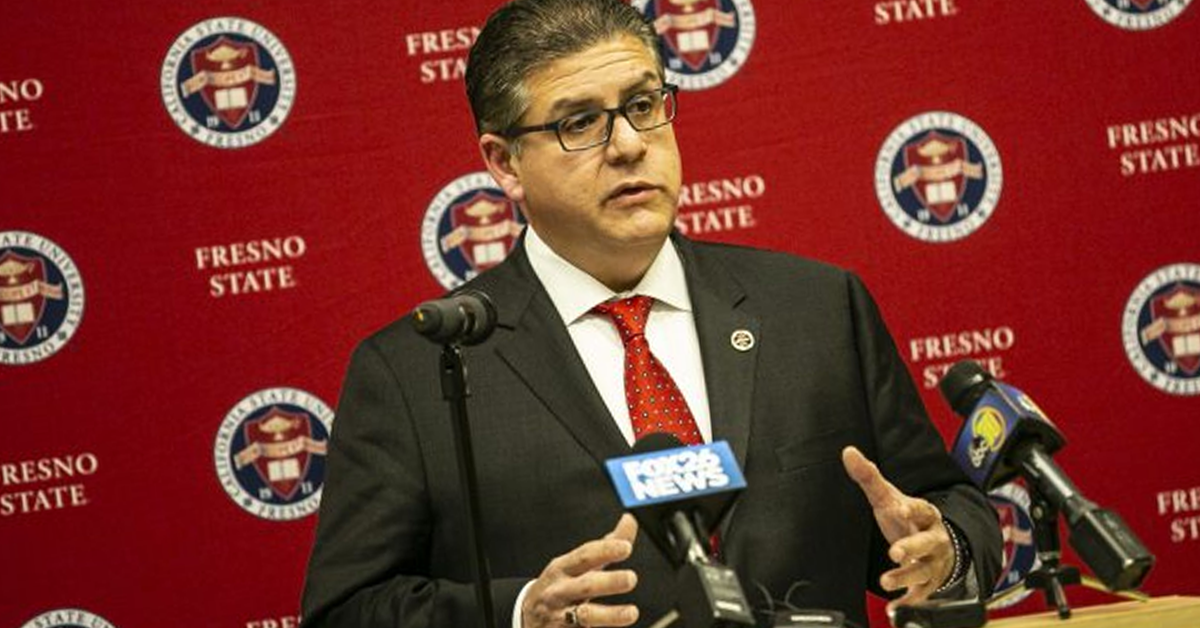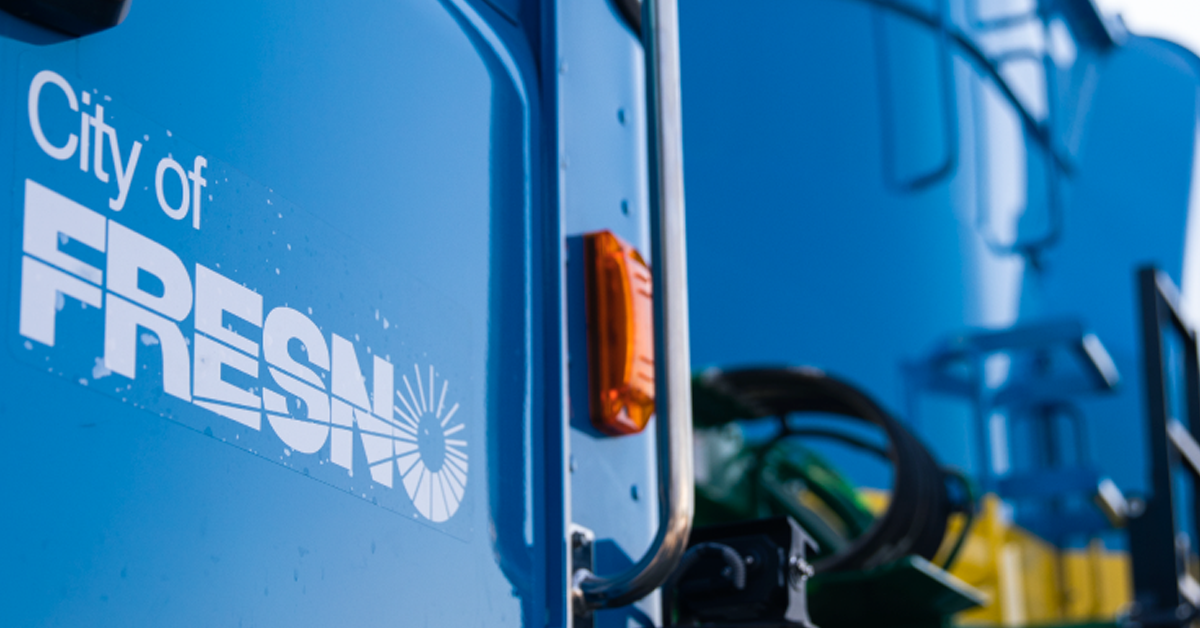Perhaps the long-sought binding agent for the Valley’s increasingly diverse population will be water.
Where to get it? How to store it and keep it safe? Can everyone get all they need?
That’s the kind of stuff to bring a people together.
At least that’s my takeaway after reviewing a new survey from Fresno State and the Friant Water Authority on voter sentiments regarding water issues.
Survey question: How important do you think water is to the future of the jobs and services in your community?
Responses:
- 91% of females and 90% of males said very important;
- 91% of respondents aged 18-34 said very important, 89% of those aged 35-54 said very important, 91% of those 55 and older said very important;
- 91% of whites and 88% of Latinos said very important;
- 96% of Republicans and 90% of Democrats said very important.
Survey question: Do you think that water is important to the overall health of the San Joaquin Valley as high technology is to the Silicon Valley?
Responses:
- The percentage of people saying yes exceeded 90% across the entire spectrum of identities.
In a nutshell: Water is vital to everyone in the Valley, and just about all of us get it.
Of course, there’s more to the survey than those two questions. Check out the 13-page report for yourself at:
The survey is the result of teamwork involving Fresno State’s Institute for Leadership and Public Policy and the University’s California Water Institute as well as the Friant Water Authority. The Friant Water Authority operates the Friant-Kern Canal, which keeps much of the San Joaquin Valley’s east side in water (as long as the rains come in decent amounts each year).
The Valley Water Attitudes Survey was pegged to Proposition 3 on the Nov. 6 general election ballot. Proposition 3 is titled the Water Supply and Water Quality Act. It is an $8.9 billion water bond. Nearly 500 likely voters in the eight-county San Joaquin Valley were asked in mid-October a number of water-related questions. Sixty-four percent said they would vote for Proposition 3.
But the survey for two reasons strikes me has having importance beyond the immediacy of the Nov. 6 election.
First, the survey asked some tough questions. The answers should resonate in policy-making circles long after the election dust has settled.
For example: What do you believe is the greatest threat to water in the San Joaquin Valley?
Drought was the No. 1 response almost across the board. For instance, 37% of whites, 40% of Latinos and 35% other (includes African-Americans and Asians) said drought. Only registered Republicans failed to put drought at the top of the list. Drought was their second most popular response. No. 1 for registered Republicans – policies coming out of Sacramento.
What I found interesting was that the next two most popular responses were “policies made from Sacramento” and “lack of water storage.” More than half of registered Republicans cited one of these two threats (36% blamed Sacramento, 21% blamed lack of storage). Even among registered Democrats, these two threats hit home (13% blamed Sacramento, 15% blamed lack of storage). When you add polices made in Washington, D.C. (6%) and damaged infrastructure (6%), you get fully 40% of registered Democrats contacted by the survey see the need to reform governmental water policy or invest more in the capture/delivery of the water we already get.
The survey asked respondents whether they think it’s important to have elected representatives at all levels “who will fight for Valley-friendly water policy including more water storage and dams, funding to fix canals, and Delta water supply reliability?”
More than 95% of all identities (gender, age, race/ethnicity, party affiliation) answered “very important” or “somewhat important.”
When the people talk, politicians are wise to listen.
“The results clearly indicate that San Joaquin Valley voters understand that the standard of living and quality of life in the Valley relies on the availability of water to support the food production system to serve a national and global demand for food,”
said Thomas Esqueda, the California Water Institute’s executive director.
Added Jason Phillips, the Friant Water Authority’s chief executive:
“Just as the Silicon Valley requires people, and transportation infrastructure investment, to support a high-technology economy that produces products that are distributed around the globe, the San Joaquin Valley requires water, and water infrastructure investment, to support a food production economy that also distributes products worldwide.”
The second reason I think the survey will have legs is the organizational clout behind it. I gather that the Institute for Leadership and Public Policy, the California Water Institute, and the Friant Water Authority each has the know-how to influence water policy and/or water-consumption behavior both in the halls of government and among Valley residents fond of turning on the kitchen faucet and getting a consistent supply of good water. But too often, in my opinion, legislators/regulators and citizens operate at cross-purposes when it comes to water.
Working together, as they did on the survey, the three organizations should be able to increase their influence and help generate the social consensus pivotal in a democracy to effective policy-making.
They say out West that whiskey is for drinking and water is for fighting. The survey suggests the vast majority of Valley residents are tired of fighting.









